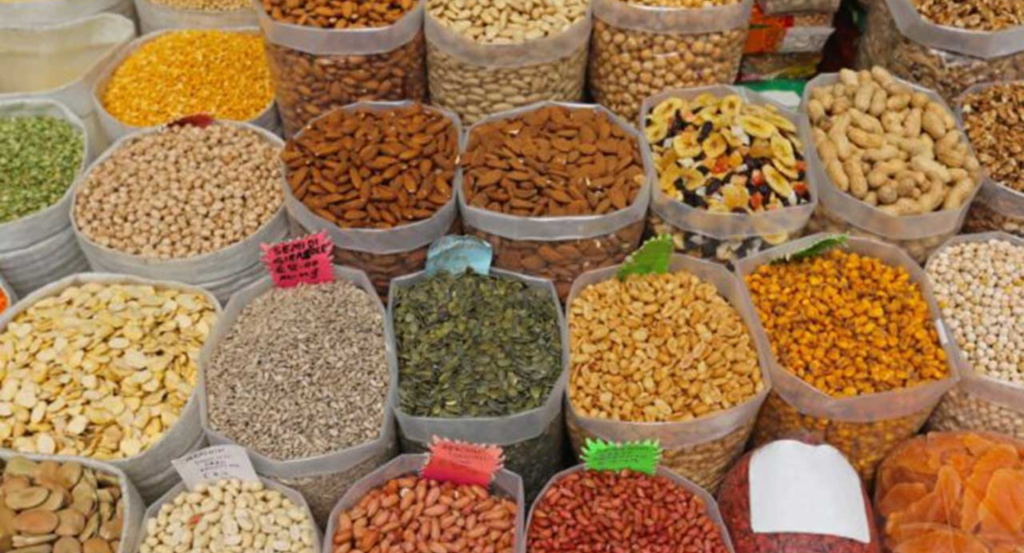Nigeria’s horticultural sector is on track to generate $500 million in export revenue by 2030, driven by increasing global demand for cash crops such as cocoa beans, cashew nuts, and sesame seeds. According to industry experts, the sector has experienced steady growth over the past seven years, positioning Nigeria as a key player in the international agricultural market.
Recent data indicates that the export of cocoa beans, cashew nuts, and sesame seeds has significantly boosted Nigeria’s agricultural trade, contributing to economic diversification and foreign exchange earnings. Stakeholders attribute this growth to improved agricultural practices, government policies, and increased private sector investment.
Growing Demand and Market Expansion
The demand for Nigerian agricultural products has surged, particularly in Europe, Asia, and North America, where industries rely on these commodities for food production and manufacturing. Cocoa, a major foreign exchange earner, remains a top export, while cashew nuts and sesame seeds have seen remarkable increases in demand.
Government initiatives, including investment in rural infrastructure, access to financing for farmers, and trade agreements with international markets, have contributed to the sector’s expansion. Additionally, collaborations with private sector players and export promotion agencies have enhanced product quality, making Nigerian agricultural exports more competitive globally.
Challenges and Opportunities
Despite the positive outlook, challenges such as inadequate processing facilities, fluctuating global prices, and infrastructure deficits persist. However, experts believe that strategic investments in processing and value addition can further boost earnings from agricultural exports.
Improving logistics and storage facilities will also play a crucial role in ensuring that products meet international standards. The government has been urged to strengthen policies supporting agribusiness growth, particularly in post-harvest handling and certification processes to meet export requirements.
Positioning for Future Growth
As Nigeria moves toward achieving the $500 million target, stakeholders emphasize the need for sustained policy support and private sector participation. With the right investments in technology and value chain development, the country can maximize its agricultural potential and strengthen its position in the global market.
The future of Nigeria’s horticultural exports looks promising, with analysts predicting steady growth in the coming years. If current momentum is maintained, the country could surpass its 2030 target, further cementing its role as a major agricultural exporter.




























